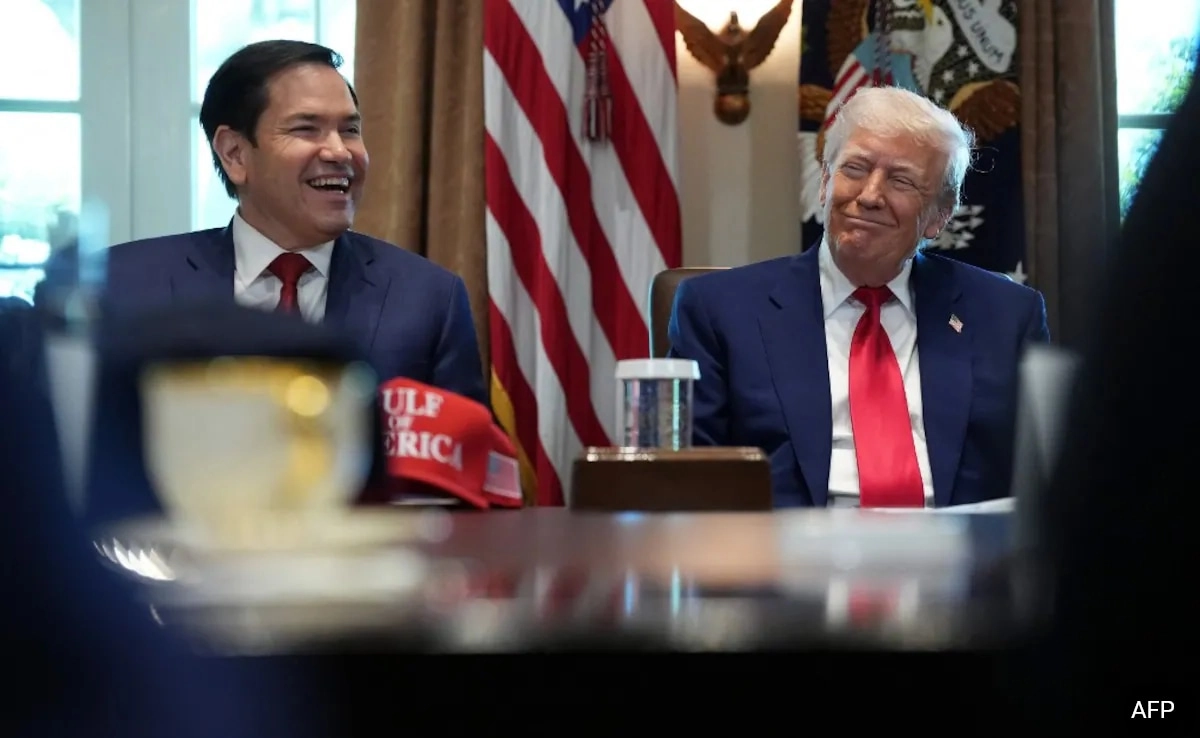The United States has expressed its ongoing concern regarding the relationship between India and Pakistan, particularly in light of the fragile ceasefire that has been established along the Line of Control (LoC) in Kashmir. U.S. officials have reiterated that they are closely monitoring the situation, emphasizing the importance of maintaining peace and stability in the region. The U.S. views the ceasefire as a crucial step towards fostering dialogue between the two countries, but there are apprehensions that this fragile agreement could easily unravel if tensions escalate once more.
The historically contentious relationship between India and Pakistan has often been marked by conflict and military standoffs, particularly over the Kashmir region, which both nations claim. The ceasefire agreement, which was reaffirmed in early 2021, has provided a temporary reprieve, but the U.S. is wary that underlying issues remain unresolved. Washington’s observation is not merely a diplomatic formality; it reflects a broader strategic interest in South Asia, where stability is essential for regional security and countering various threats, including terrorism.
As the U.S. maintains its watchful eye on the India-Pakistan dynamic, it also encourages both nations to engage in constructive dialogue. The complexities of their relationship necessitate a careful diplomatic approach, as any miscalculation could lead to renewed hostilities. The U.S. has underscored the importance of communication and trust-building measures between the two sides to prevent a deterioration of the situation. Ultimately, the U.S. position underscores its commitment to promoting peace in South Asia while recognizing the delicate nature of the ceasefire and the potential for it to “fall apart” if not handled with care.




